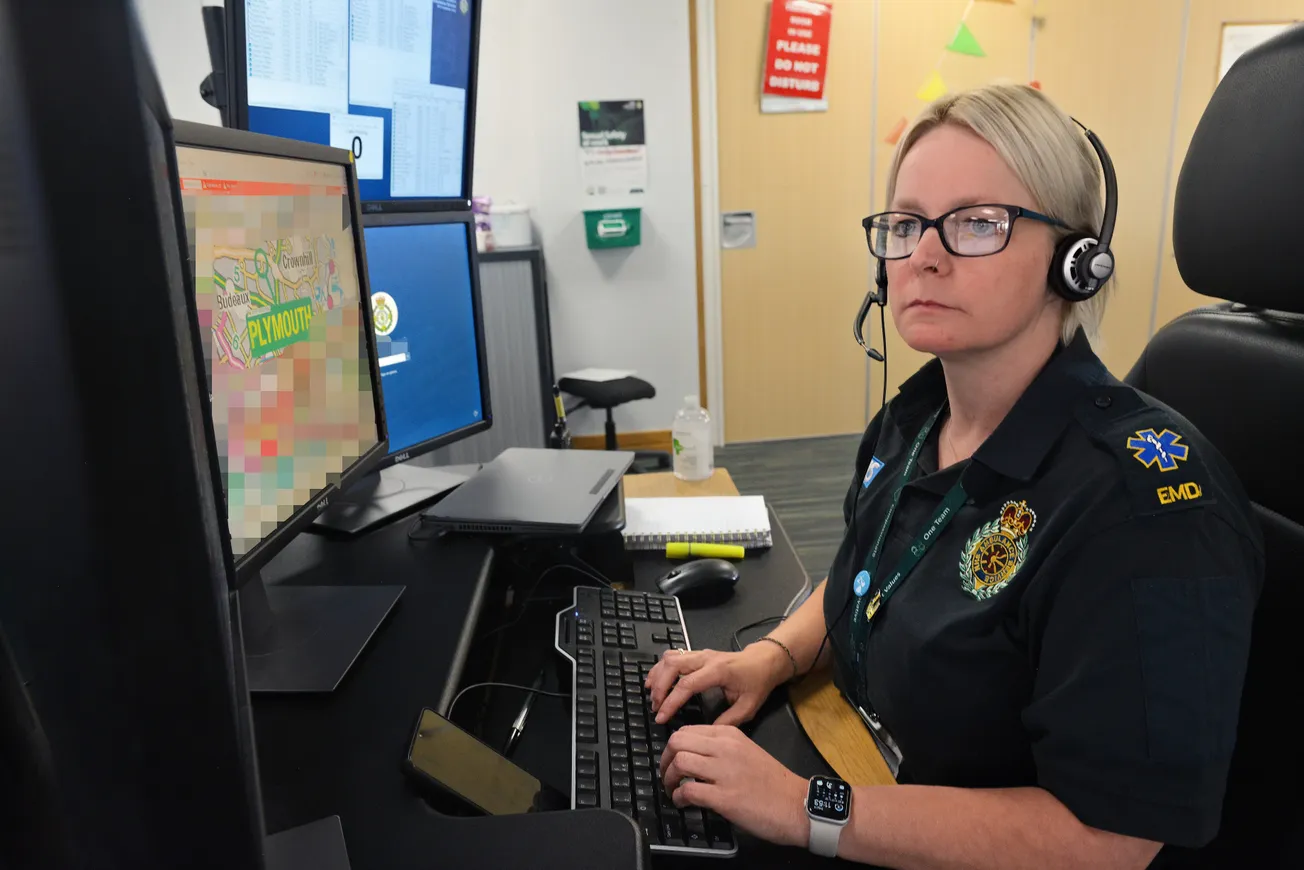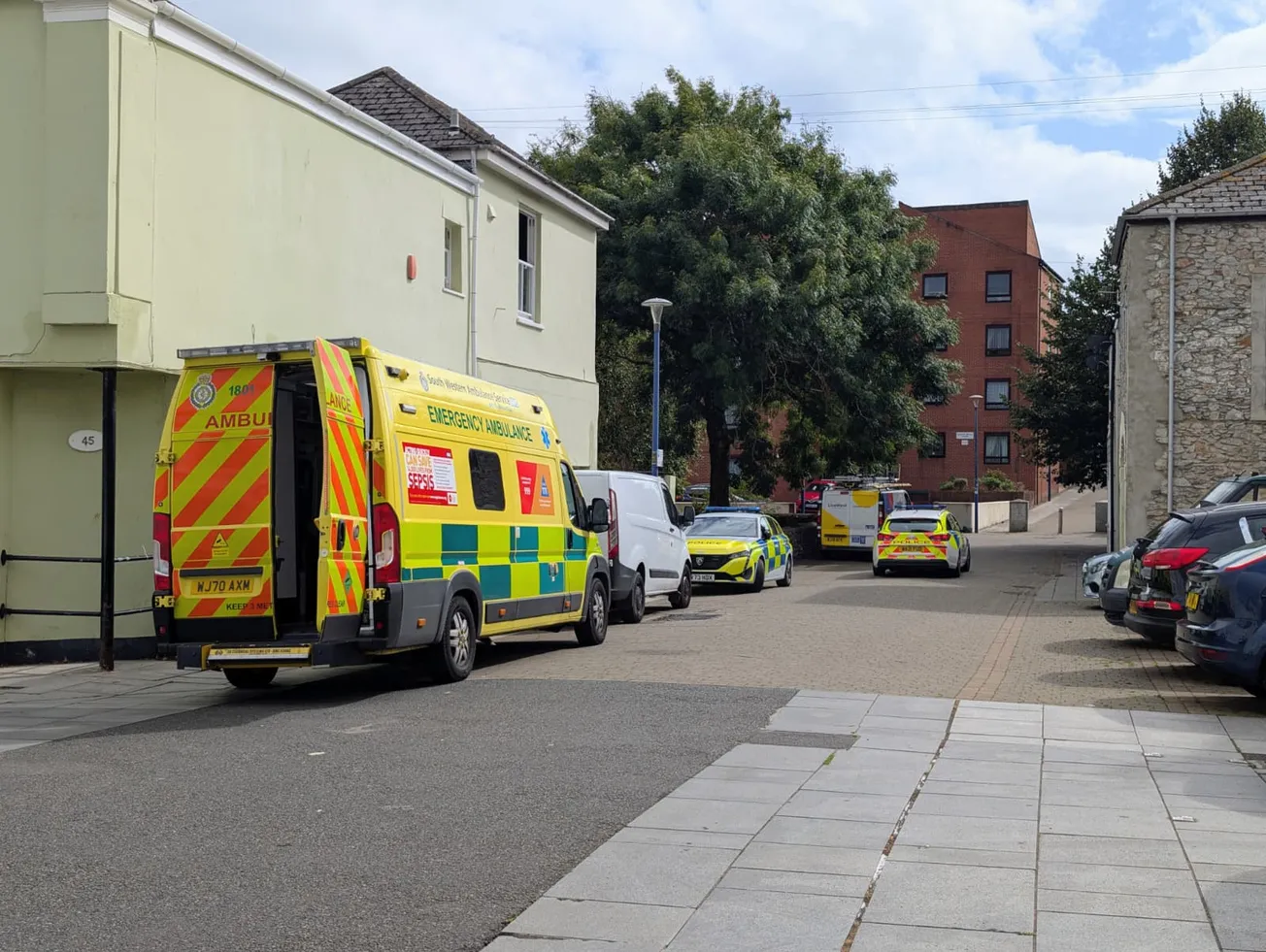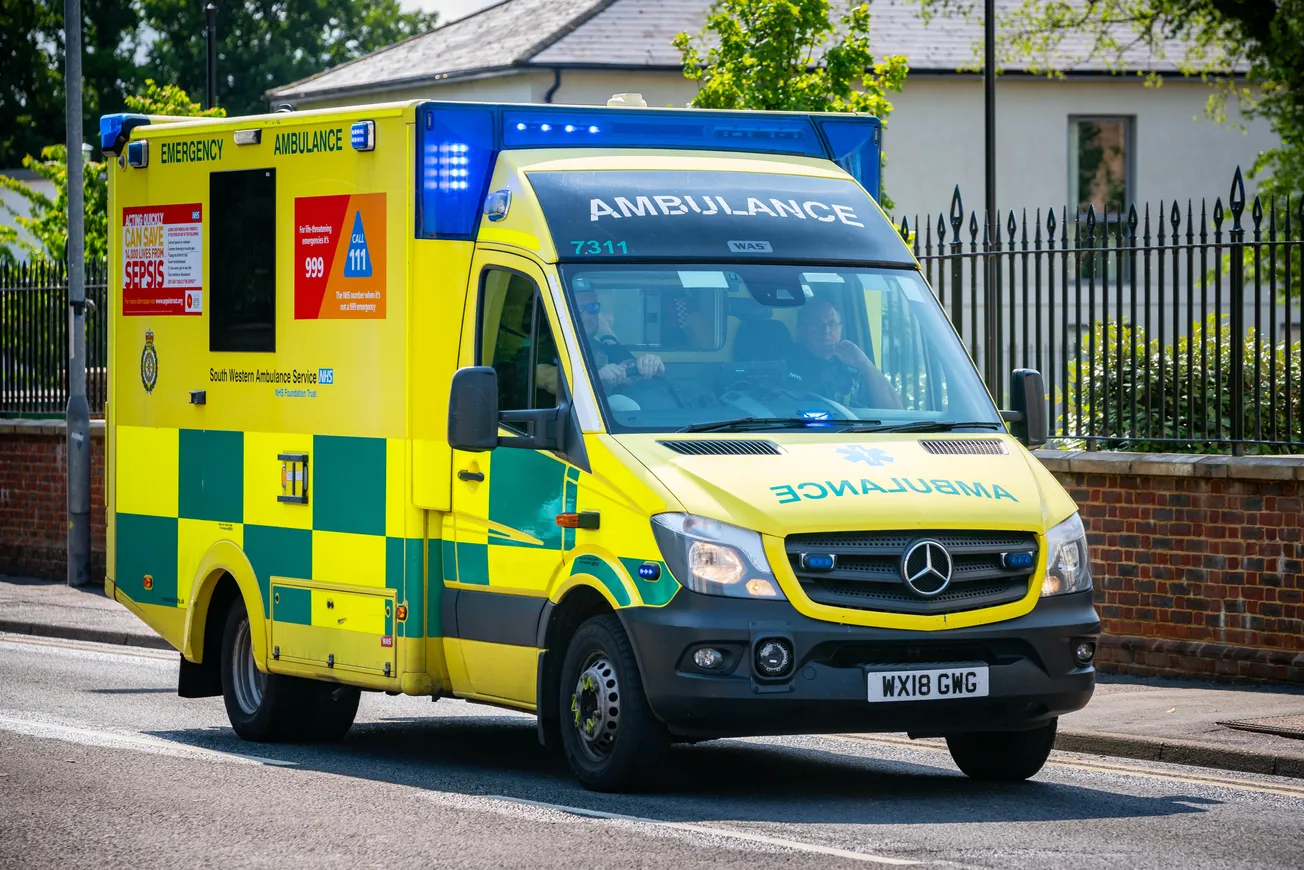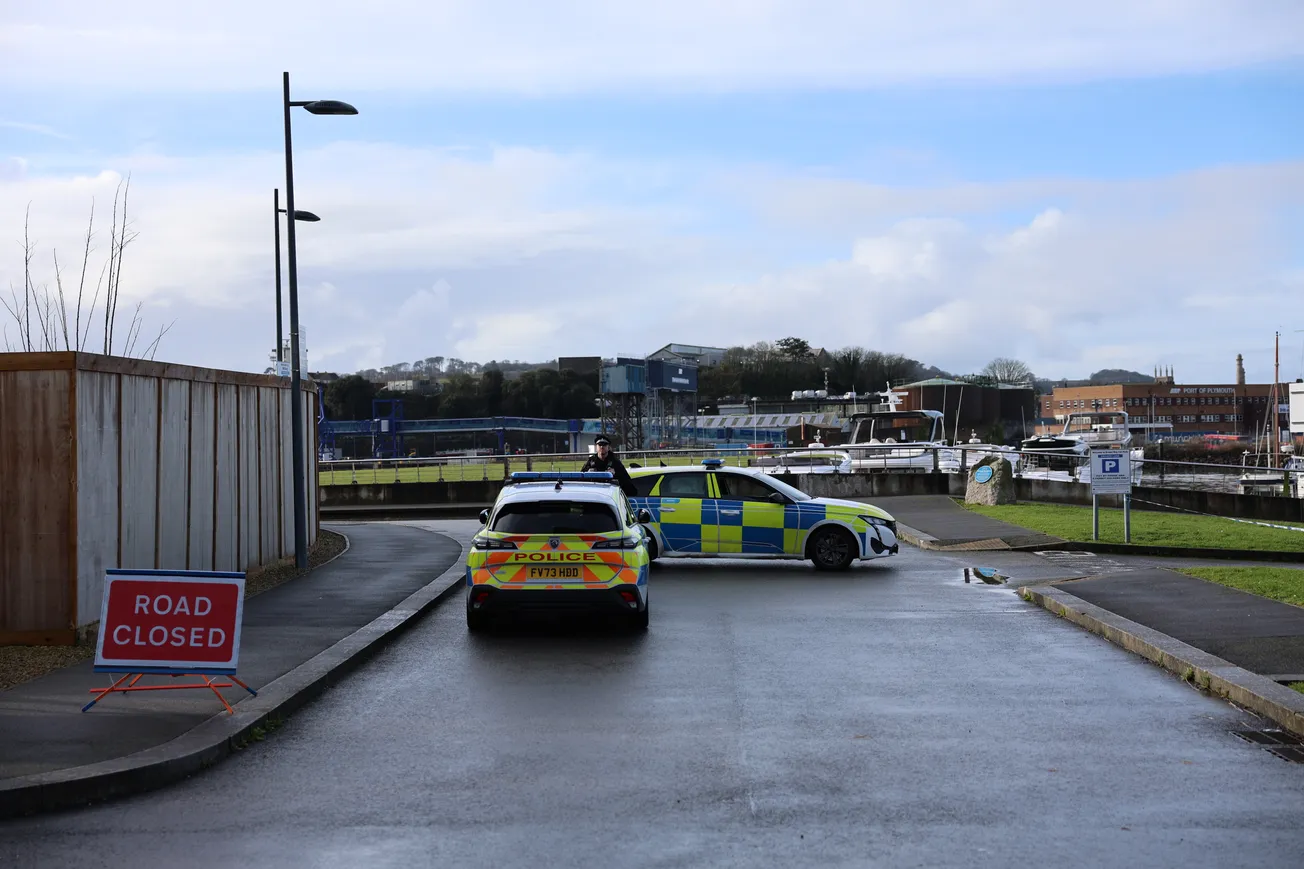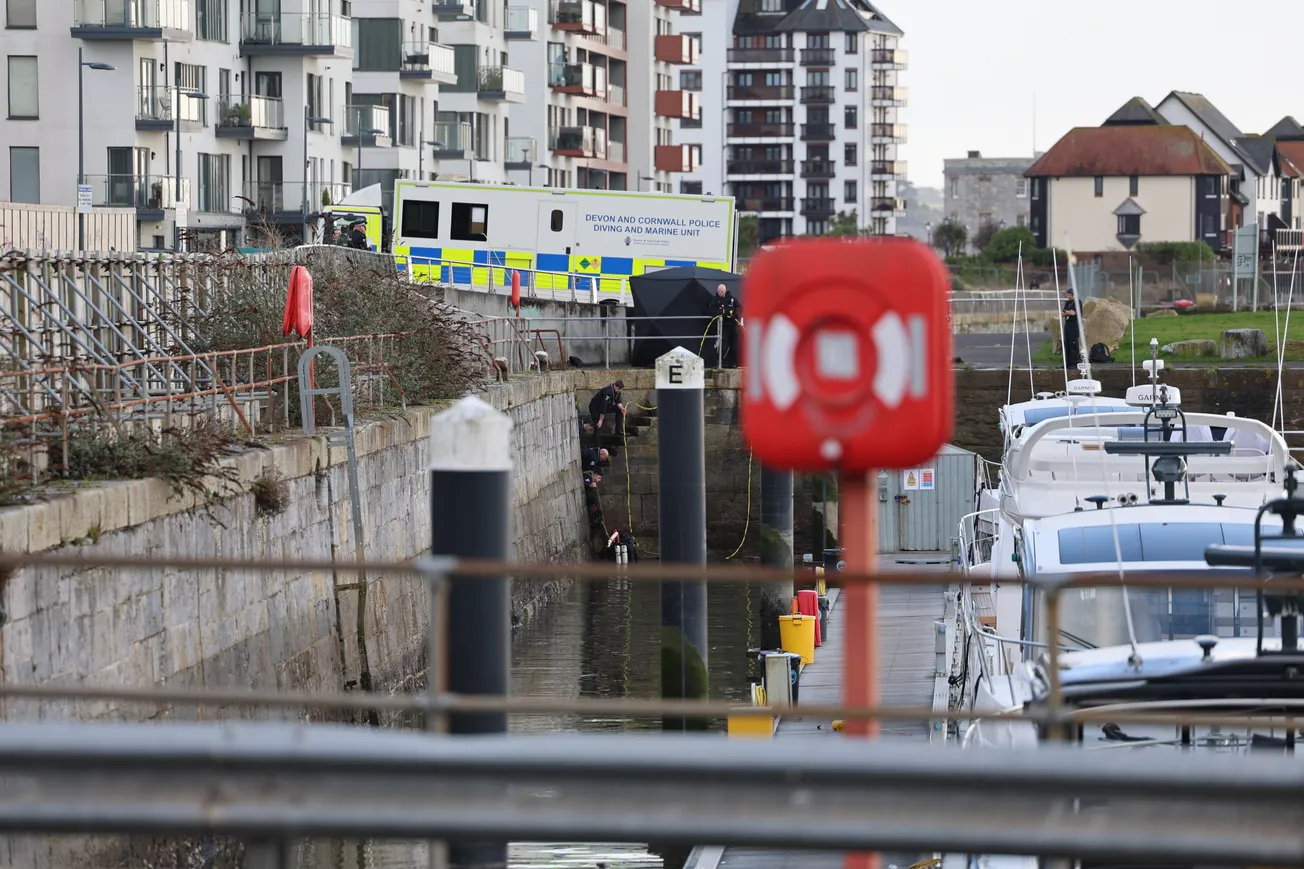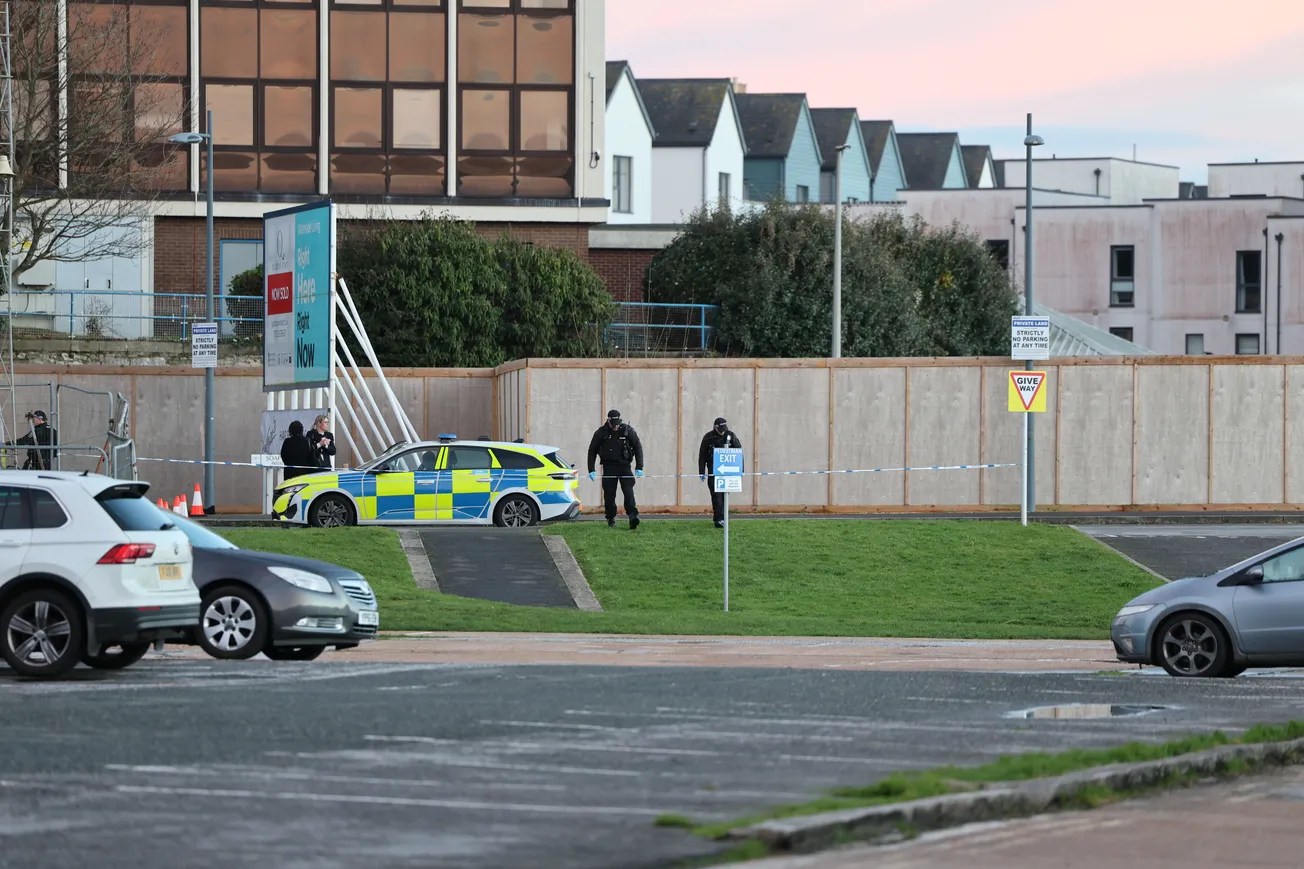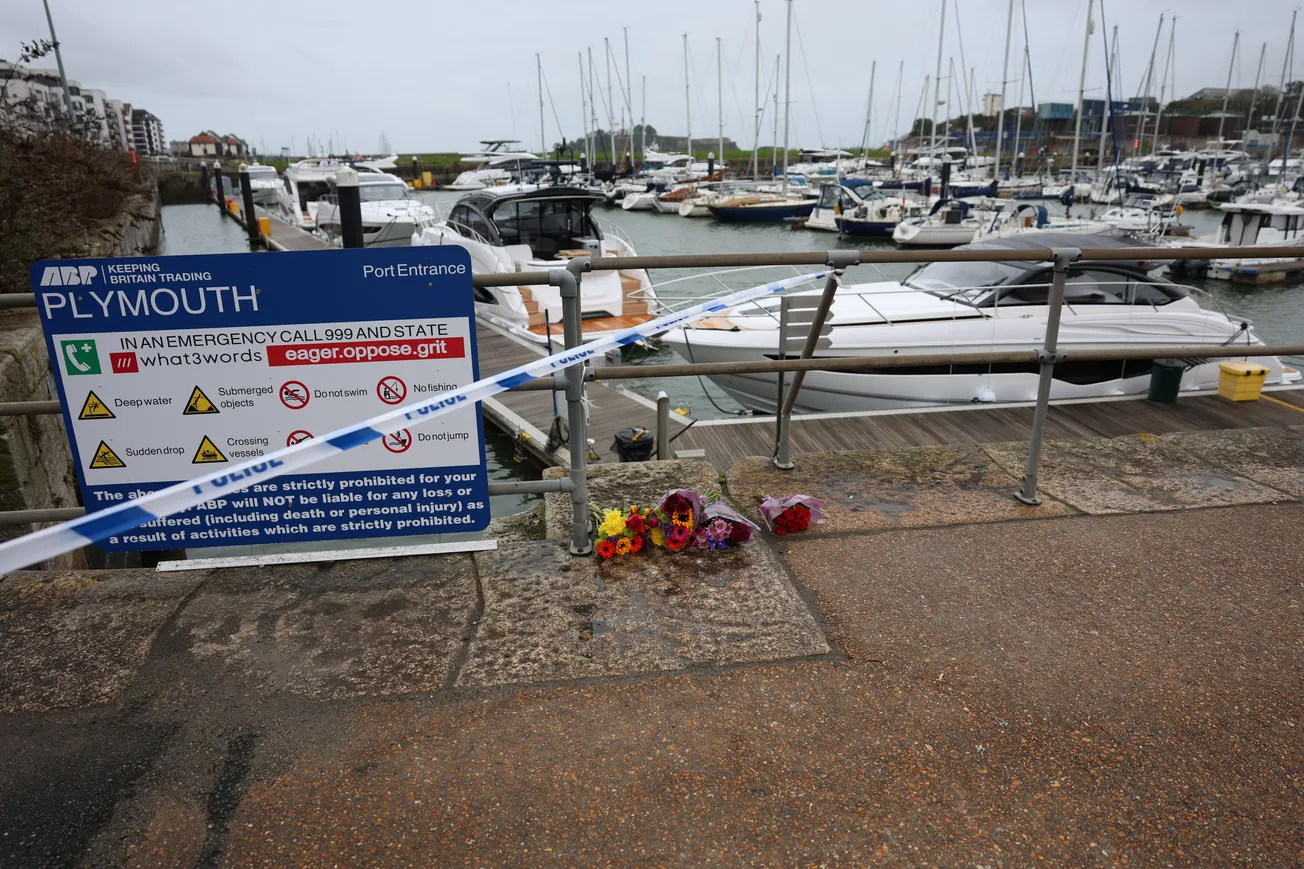It is a room few will ever see, yet every one of us may one day rely on it. Plymouth Plus was given rare behind the scenes access to the South Western Ambulance Service NHS Foundation Trust’s Emergency Operations Centre in Exeter.
This is where your 999 emergency ambulance calls are answered every hour of every day, 365 days a year, by heroes whose voices carry people through potentially the worst day of their life.
Behind the doors at the Emergency Operations Centre, the busy room hums with focus. Is the patient breathing? This is the first question asked by Emergency Medical Dispatchers who sit in rows with glowing screens, ready for emergency calls to be connected by the BT emergency operator or those urgent calls that come directly from health care professionals.
They are the first calm voices you hear when your world feels like it is falling apart. Next to them, Ambulance Dispatchers make rapid decisions about what life saving resources should be deployed, constantly monitoring the call urgency to ensure assets are deployed quickest to those patients who need them the most.
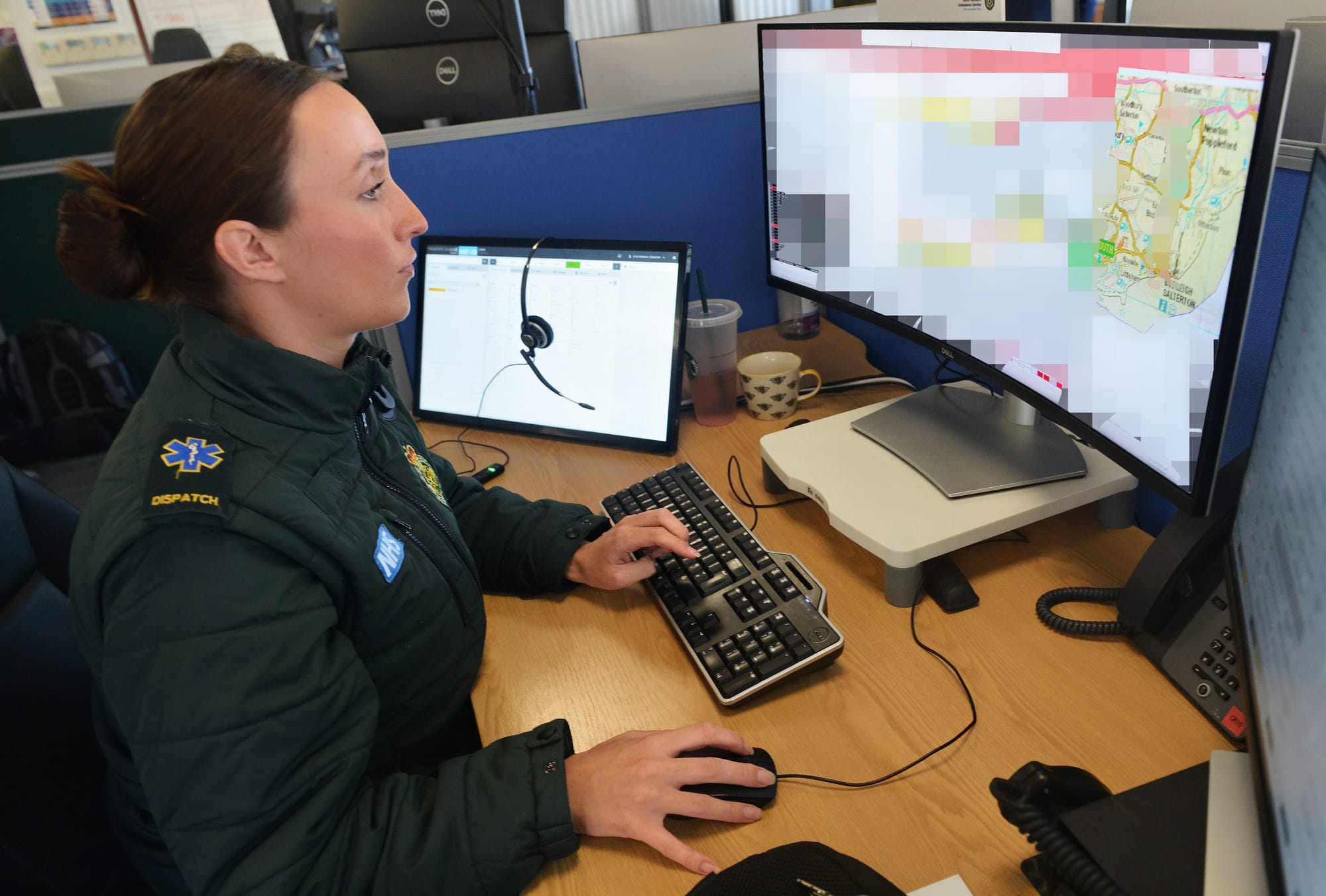
Teams work closely alongside Triage Clinicians, who are either qualified nurses or paramedics utilising their knowledge to provide medical advice and guidance to make sure every patient receives the right care at the right time.
The staff here never know what situation will come through their headset next, yet they take every single call with compassion and calmness. The range of what they face is staggering. One call could be a parent screaming that their child is not breathing. The next could be a mother giving birth at home before paramedics arrive. Minutes later it could be a road traffic collision, a stroke, a heart attack, a fall, or a person in the depths of despair.
The scale of the workload is extraordinary. The South Western Ambulance Service manages around one million incidents every year, which is on average 2,650 every day.
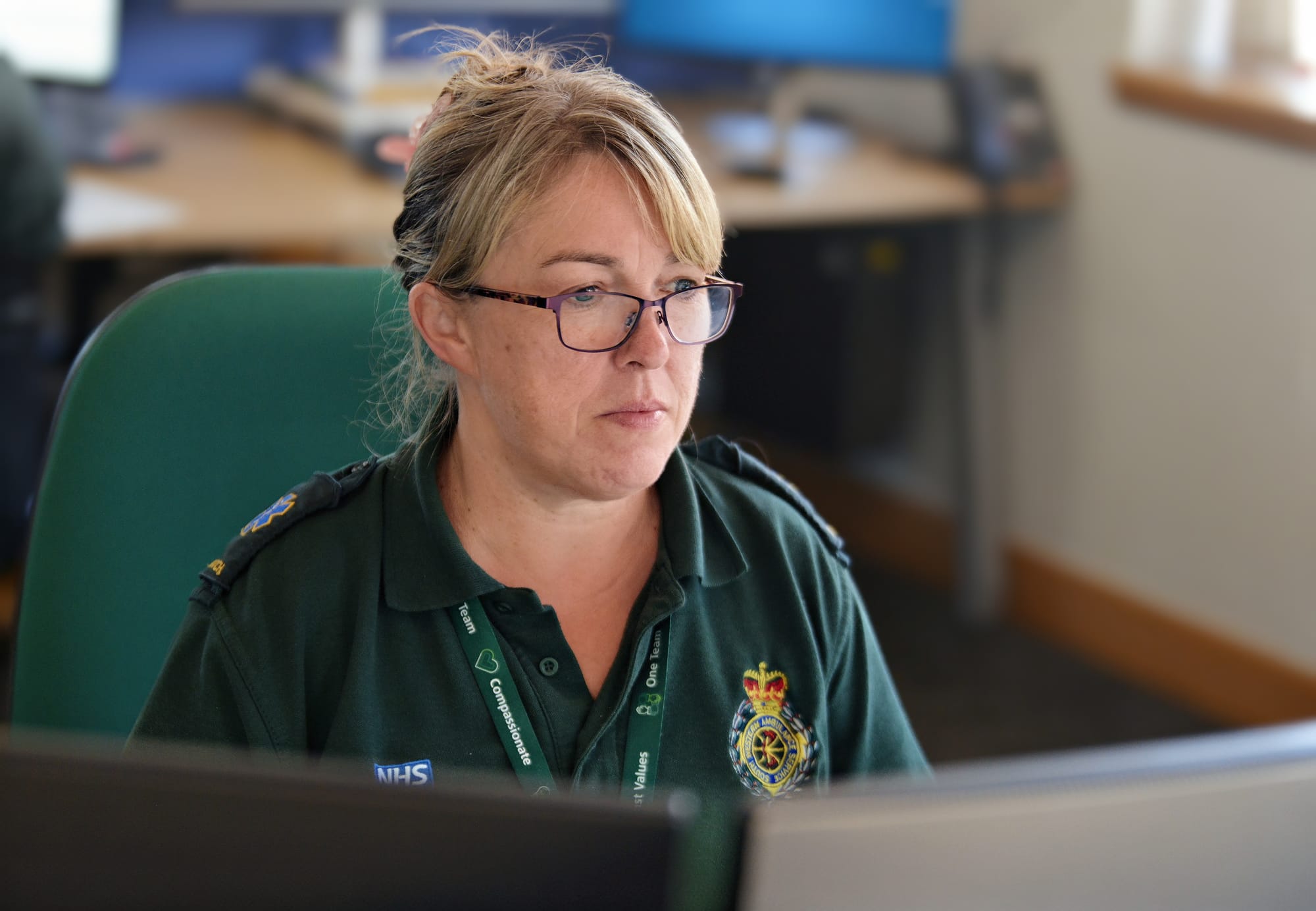
Its fleet covers more than 22 million miles annually across 10,000 square miles of the South West. To put that in perspective, vehicles travel the equivalent of going to the Moon and back almost 50 times every year. That astonishing figure shows the true reach of the crews who answer the calls that begin in the control room.
The single biggest pressure on the ambulance service today is hospital handover delays. Emergency departments are meant to take over a patient’s care within 15 minutes of a crews arrival. When that does not happen, ambulances can remain stuck outside for hours, unable to respond to the next emergency.
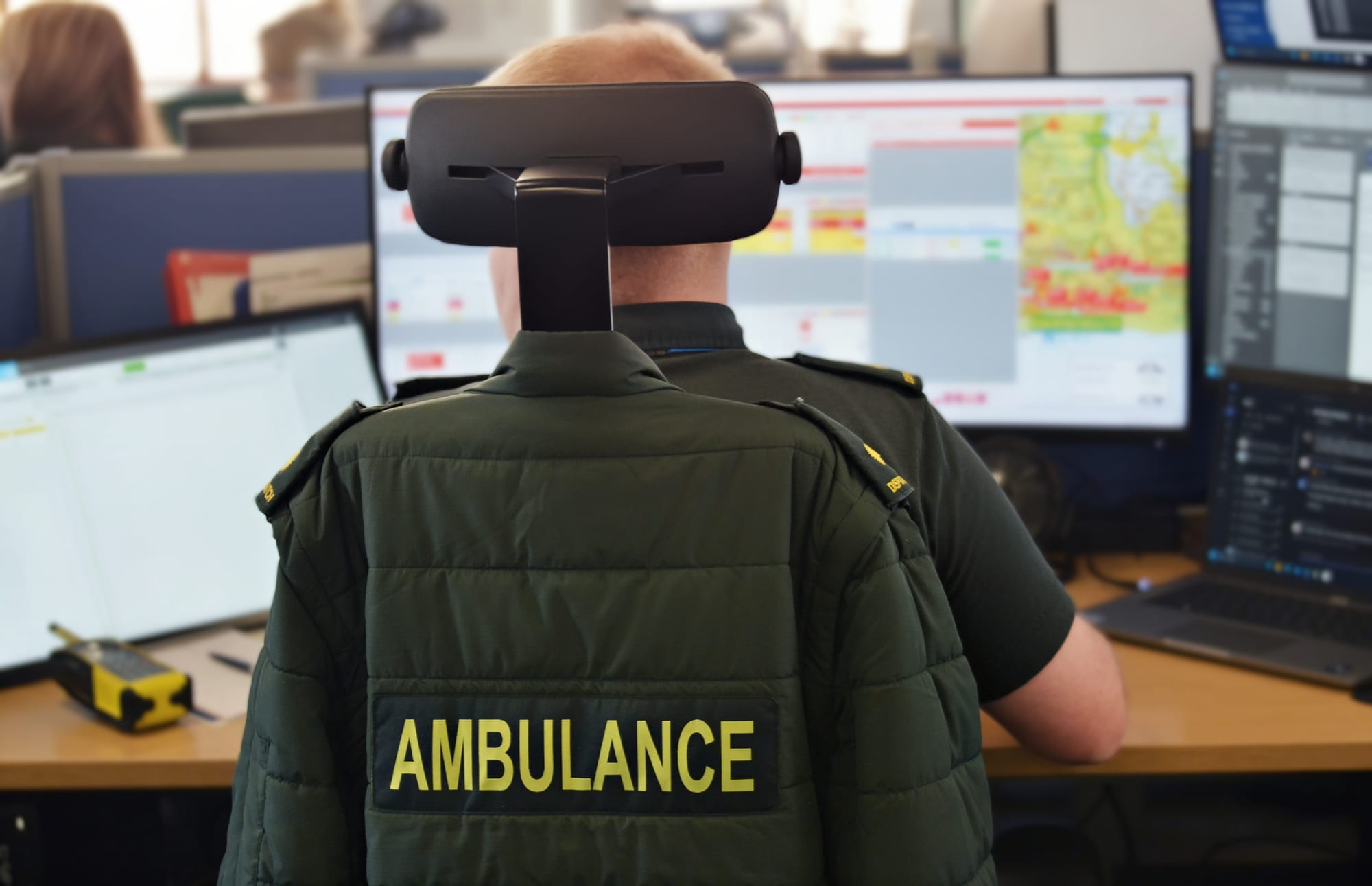
SWASFT is working hard to tackle the issue, increasing ambulance hours on the road from 37,000 a week in 2020 to more than 50,000 today. Specialist paramedics now operate inside the most pressured hospitals to speed up safe handovers, while Care Coordination Hubs link ambulance clinicians with social care and NHS colleagues to keep patients out of hospital where possible.
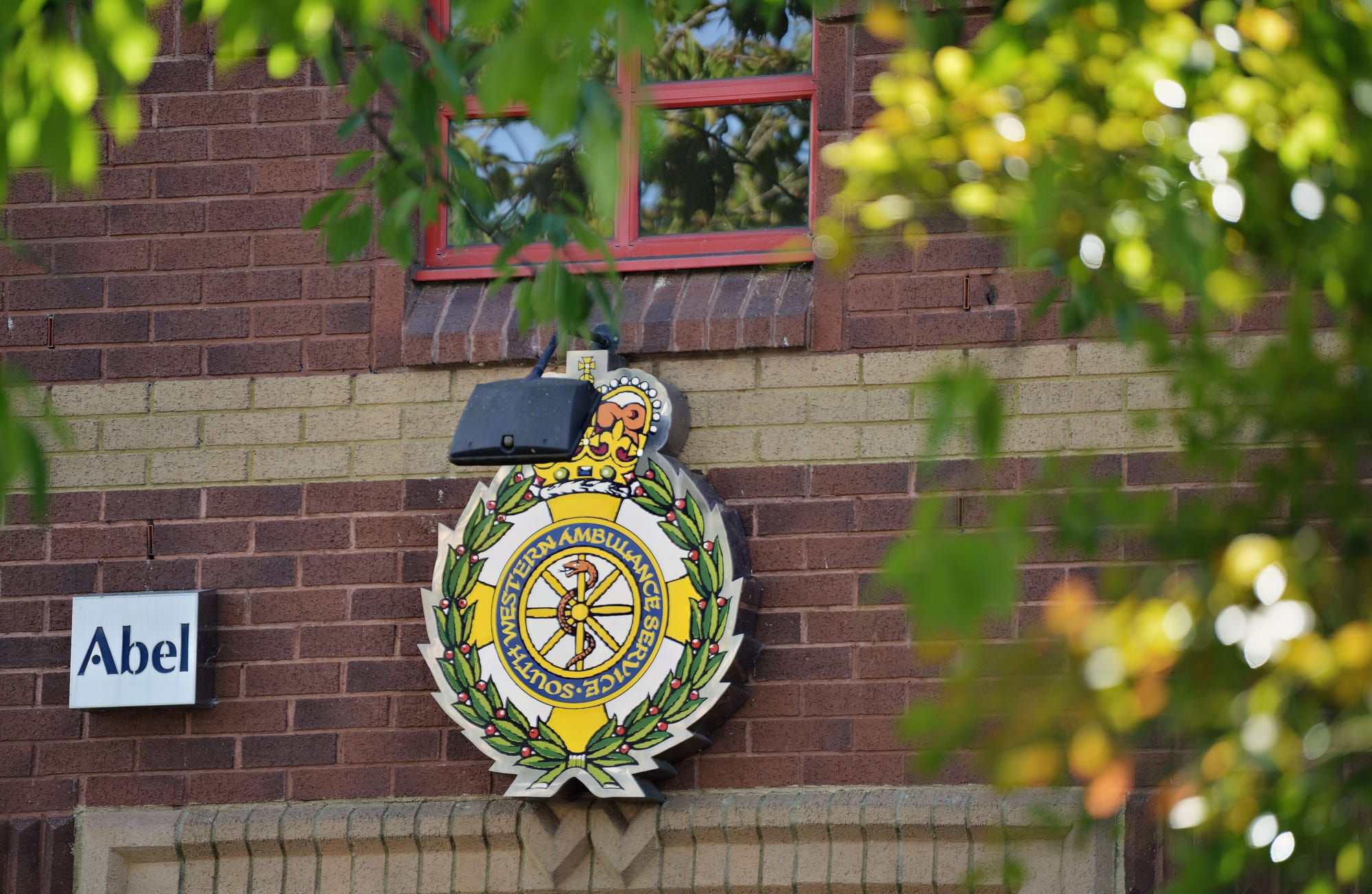
What is most striking is not just the numbers, but the humanity. These teams sit through long nights, weekends and holidays, carrying the voices of terrified parents, desperate partners and strangers who have stumbled across tragedy. Once a call ends, they take a breath, reset and answer the next one, ready to bring calm into chaos again.
Across Exeter and Bristol, these control rooms work side by side to ensure that every emergency call in the South West is answered without delay. Between them they are the unseen frontline of the ambulance service, the steady voices that turn fear into action, and the reason help is always on its way.
Sign up for free below to get notified with all the latest breaking news from Plymouth Plus.

